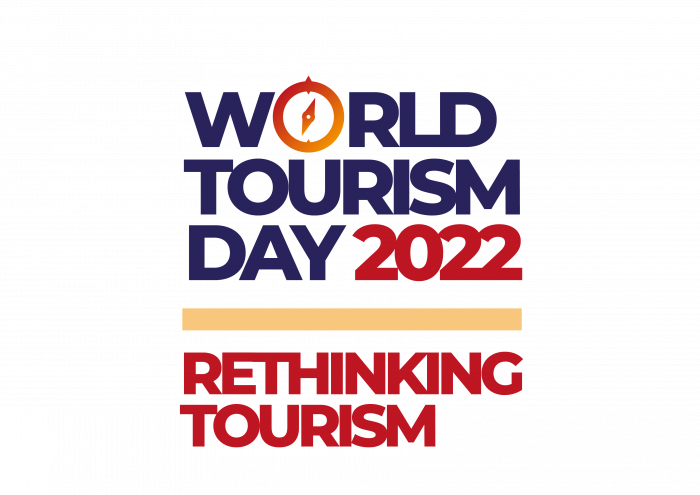
Download PR World Tourism Day 2022
Rethinking tourism! Exploring new paths in tourism!
Tomorrow's World Tourism Day is celebrated under the motto "rethinking tourism". respect_NFI supports this UNWTO demand for a new understanding of tourism that focuses on climate justice and human rights. Concrete actions are now needed to bring this call to life.
„In 2022, we once again recognize the opportunities that tourism has brought – and continues to bring – people everywhere. However, this year especially we also recognize that we cannot go back to the old ways of working. We must Rethink Tourism! … This will require restructuring business models so that they put people first", says Zurab Pololikashvili, Secretary General of UNWTO, in his official message for the World Tourism Day. A stronger focus on the social sustainability of tourism is a long-standing demand of Naturefriends International's RESPECT working area, which has been committed to advancing a sustainable transformation of tourism for many years.
The biggest challenge we currently face is the climate crisis. Last summer, its dramatic effects were also clearly felt in Europe. People in the countries of the Global South are still much more affected, as is currently the case in Pakistan, where 33 million people have now been struck by the dramatic floods and large parts of the country have been destroyed.
The tourism industry is affected by the climate crisis in two ways: On the one hand, the industry is affected by climate change – for example, hot weather or forest fires make tourist destinations unattractive; on the other hand, tourism itself contributes to climate change – for example, through CO2 emissions or the overexploitation of natural resources.
The bill for our climate-damaging lifestyle is paid by others
"The climate crisis does not affect all people equally. Especially the people in the countries of the Global South, who contribute little to climate change themselves, feel the effects of climate change particularly strongly," says Cornelia Kühhas, tourism expert at respect_NFI. "They are paying the bill for our climate-damaging lifestyle." And in this regard, air travel plays a non-negligible role. About five per cent of global CO2 emissions come from tourism – but only about two per cent of the world's population, mainly in the northern hemisphere, can afford (air) travel at all."
About two thirds of the CO2 emissions of a trip are caused by the journey to and from the destination. So, thinking about climate-friendly alternatives or flying less often can significantly reduce your ecological footprint," explains Cornelia Kühhas.
Commitment to comply with minimum ecological and social standards necessary
Airlines continue to lure passengers with cheap offers, while more expensive, climate-friendly rail journeys stand in contrast. This imbalance is made possible, among other things, by the fact that aviation fuel, for example, is not taxed. "And of course, the airlines try to save the costs for their cheap offers elsewhere. This is often done on the backs of the employees, who are poorly paid," says Kühhas. Here, politics is called upon to finally create the legal framework – and thus uniform competitive conditions – that guarantee compliance with minimum ecological and social standards. "We welcome the initiative for an EU-wide supply chain law that puts companies under an obligation to ensure the social and ecological sustainability of their services and products."
Want to make your next holiday more sustainable? Here are 5 simple tips: